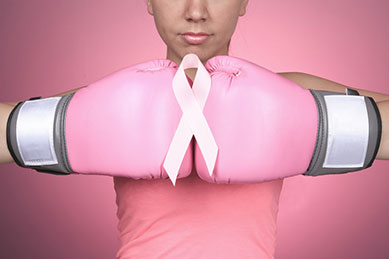
Family history is a risk factor. However, there are certain lifestyle choices that every woman can make to keep her risk of developing breast cancer as low as possible.
- Don’t smoke – quit if you do. Research links smoking and breast cancer risk especially in premenopausal women. Not smoking will also improve your general health.
- Limit intake of alcohol to less than 1 drink a day as even small amounts can increase your risk of developing breast cancer.
- Being overweight or obese is a risk factor for the condition. The risk is greater when obesity occurs at later stages in life, especially after menopause. So take measures to control your weight.
- Being physically active is very important to improve your overall health and that’s why it’s crucial to make regular physical activity a part of your life. The ideal pattern for older adults, according to the Department of Health and Human Services is 150 minutes a week of moderate aerobic activity as well as strength training at least twice a week.
- Include plenty of fruits and vegetables, especially cruciferous items, in your diet. In addition to nutrients, they have lower fat content and higher fiber content compared to animal products.
- Women who breastfeed their babies for at least one year have reduced risks of breast cancer.
- Exposure to radiation and environmental pollution should be avoided.
Know your risks and ask your doctor about when you should do mammograms and other screenings. Keep a watch for any changes in your breasts. If you notice warning signs such as a new lump or skin changes, consult your doctor immediately. Early detection improves the chances of treating breast cancer more successfully.